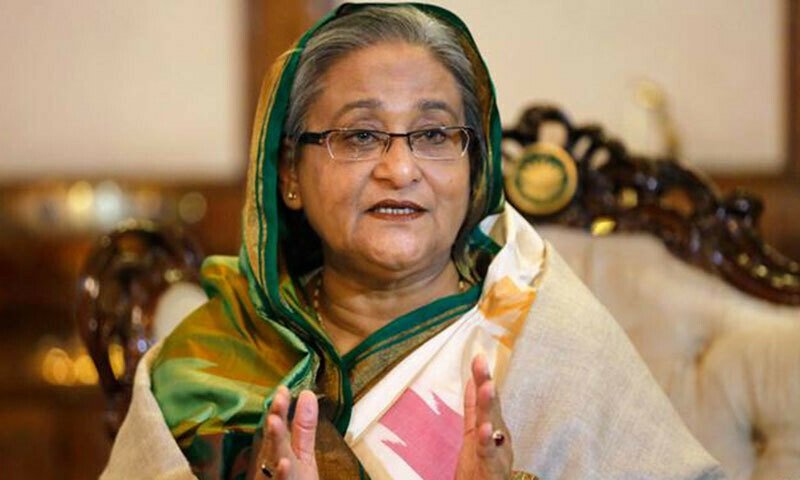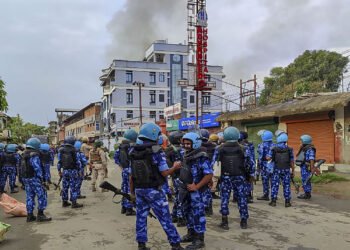Hasina’s presence in India follows escalating unrest in Bangladesh and brings back memories of her earlier years spent in Delhi under an assumed identity. Her political legacy, marked by economic achievements and rising authoritarianism, continues to stir debate as she resides in a high-security safehouse.
By PC Bureau
The interim government of Bangladesh has raised concerns with New Delhi regarding political statements made by ousted Prime Minister Sheikh Hasina during her stay in India. Foreign Ministry spokesperson Toufiq Hasan confirmed that Bangladesh has formally requested India to dissuade Hasina from further political remarks, emphasizing the importance of safeguarding the longstanding ties and mutual respect between the two nations.
Hasan conveyed that both the Indian High Commissioner in Dhaka and the Indian government have been notified, with Bangladesh expressing its strong displeasure multiple times. “India has been requested to take steps to prevent Sheikh Hasina from delivering such speeches and statements,” he has been quoted as saying in the media , stressing the need to uphold the historical relationship between the two countries.
“India has been requested to take steps to refrain Sheikh Hasina from delivering such speeches and statements. She needs to stop this in view of the historical relationship between two countries,” he said.
The spokesperson reiterated that the government had expressed its strong displeasure over the matter on multiple occasions.
When asked about India’s response, Hasan said the Indian High Commissioner assured Bangladesh that he would communicate the matter to the Indian government
While Hasina has largely refrained from public statements, she recently congratulated Donald Trump on his election victory in the United States. In a message released by her party, the Awami League, on platform X, Hasina described Trump’s victory as a “testament to his extraordinary leadership qualities and the immense trust placed in him by the American people.” She expressed hope that, under his leadership, Bangladesh-U.S. relations would be further strengthened and reaffirmed her commitment to promoting both bilateral and multilateral interests.
Currently residing in a high-security area in Delhi, Hasina’s connection with India is deeply rooted. After the assassination of her family, including her father, President Sheikh Mujibur Rahman, in 1975, Hasina and her sister, Sheikh Rehana, lived in Delhi under assumed identities. For six years, they remained in hiding before Hasina returned to Bangladesh, where she eventually became Prime Minister and led a significant socio-political transformation.













